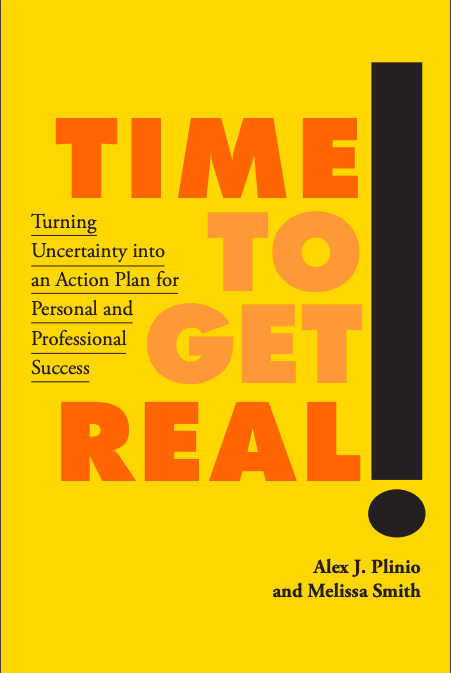Values exist, whether you recognize them or not. Life can be much easier when you acknowledge your personal values and when you make plans and decisions that honor them.
Personal values are those basic principles, ways of behavior, or basic belief tenets you would find exceptionally difficult to live without. There are many personal values including achievement, adventure, compassion, creativity, trustworthiness, determination, friendships, happiness, success, wisdom.
Knowing your personal values
What are your personal values? And where do they come from? First, there are many contributors to your values. Your family and the significant people in your life, both relatives and friends, make a contribution. Your religious beliefs, education, and life experiences all help you to discern how your values develop and just what they are. Why is this important? It’s important because when you plan to create a holistic, strategic approach for your life and career, your values will be the motor to drive you forward and to help you make the decisions about the kind of work you’ll do, the kind of position you’ll accept, the kind of company or organization you’ll join or move away from, and the kind of person you choose to be.
When you plan to create a holistic, strategic approach for your life and career, your values will be the motor to drive you forward and to help you make the decisions about the kind of work you’ll do, the kind of position you’ll accept, the kind of company or organization you’ll join or move away from, and the kind of person you choose to be.
We encourage you to take a look at your personal values. In our book, Time To Get Real! there is a brief exercise to help you to discern your personal values. To guide you, we refer you to a list of values, but remember that there may be a personal value you hold that is not on the list. Also, you might start out with a fairly long list of values you hold to be important, but we would encourage you not to have more than five to eight key values at the end of the exercise. As a matter of fact, you might find that some values are contained within others. For example, if you have a personal value of helping others, this might be listed as service to others or philanthropic/charitable work. Or if you have a personal value of education the value of learning could be a part of that. In any case, try to get down to the values that really matter to you.
Your behavior Reveals your values
You should be able, when your list of values is completed, to see just how the values you say you hold dear are apparent in your life. Once you have identified your most important values, it is important to then engage in behaviors that move you towards those values. This means committing to things you can do that are in line with them. Identify an action or behavior that will bring your life more in line with a particular value. For example, if a value of yours is “trustworthiness” notice if you are regularly engaging in trustworthy behavior. You can also ask a close friend or family member if they perceive your behavior as trustworthy.
Our book is rated 4.5 stars on Amazon. Click here to buy the book.
If you would like more information about discovering and living your values, we recommend reading chapter three in our book Time To Get Real! Knowing and living your values is one component of the Life and Career Planning Model© featured in the book. This model is the framework for developing your own life and career plan. Should you choose to create your own plan, we suggest that you consider some amount of personal coaching that can help you to discern and activate your life’s mission and move you toward the best life and career that you deserve. Our coaching fees and services are flexible and meet a broad array of client financial and coaching needs. All Life and Career Planning LLC coaches are experienced and certified in the Life and Career Planning Model© and serve as your accountability partner. To inquire about working with a coach, click here.















